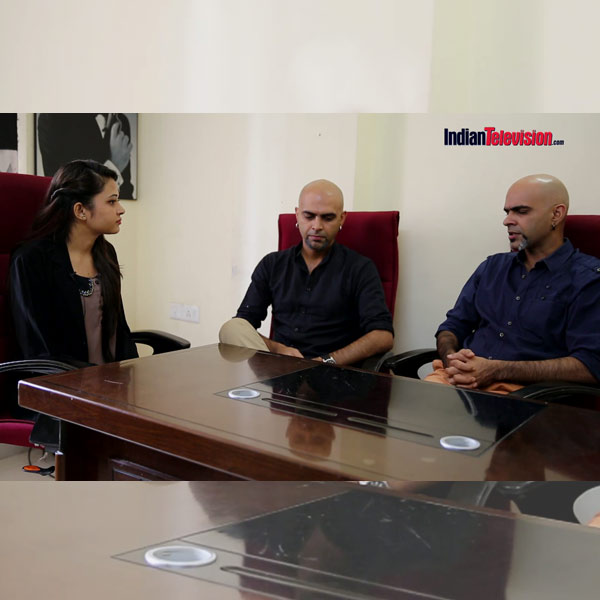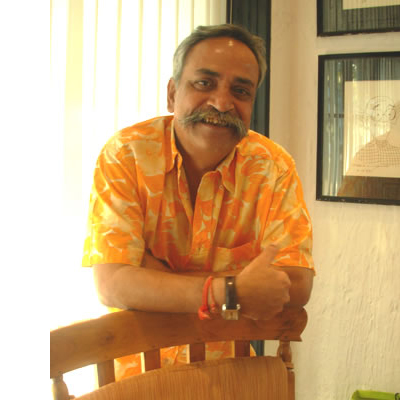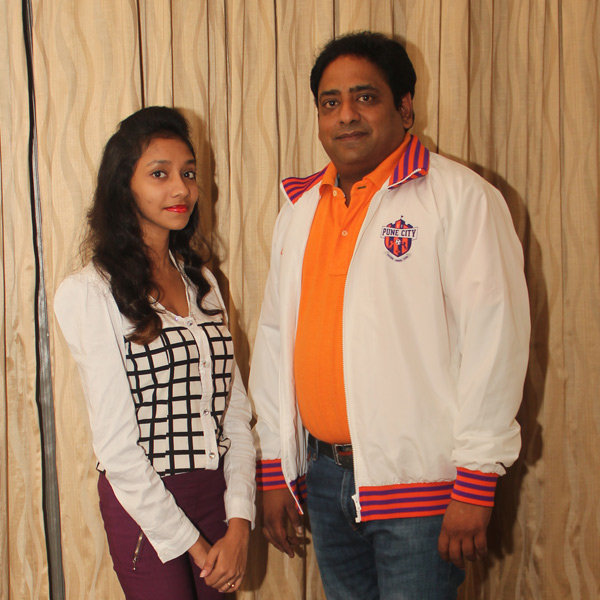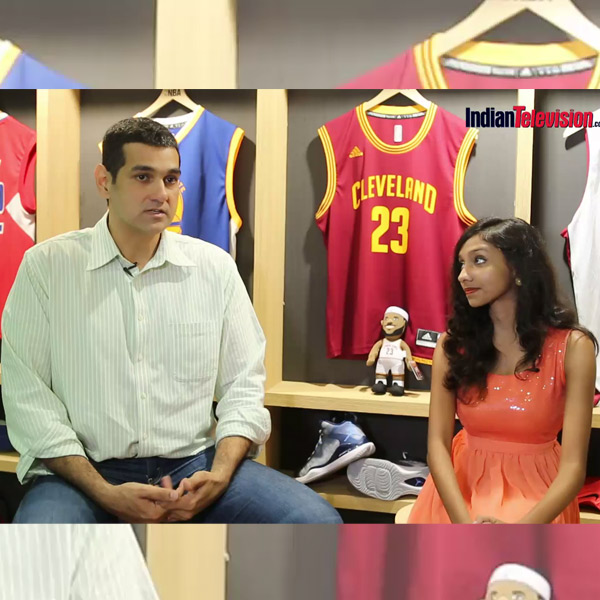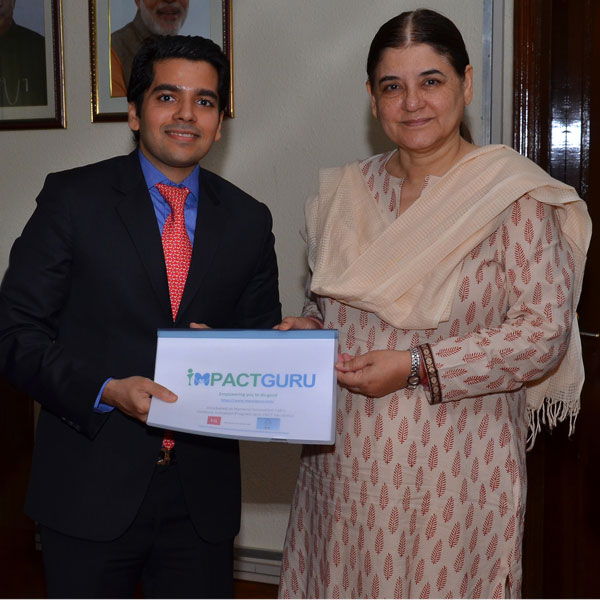?The moment you differentiate yourself as a woman, you?ve lost the race? : Kyazoonga CEO Neetu Bhatia
By Papri Das
From going full throttle at New York?s Wall Street as an investment banker to establishing an empire of e-ticketing business in India ? Kyazoonga co-founder and CEO Neetu Bhatia knows that there?s no gain without a dollop of risk. She was well aware that her journey from under the safety of being an investment banker to an entrepreneur in India could be a hit or a miss.
But stronger was the thrill of taking on the challenge of bringing access to a large swathe of the world?s population to their favourite sports and entertainment events, she says. Looking back, she feels her mission has been established. Be it ticketing for the ICC Cricket World Cup 2011, getting in the record books when India won the Cup at home, ticketing the Sachin Tendulkar 200th Test and coming up as finalists in the bid for the Rio 2016 Olympics ticketing bid ? Bhatia?s stint in India has been a series of fantastic wins for her.
Don?t ask her what it feels to be so accomplished as a woman in business, for she dismisses gender as irrelevant in the field. Her struggle hasn?t been greater or less than any man, nor her achievements.
In a heart-to-heart chat with Exec Lifestyle's Papri Das, Bhatia reveals what it takes to cut above the noise in this fierce competition, her vision for Kyazoonga and why successful women preach feminism of true equality.
Excerpts:
What have been the benchmarks in the eCommerce and e-ticketing landscape in India and abroad?
I can only speak for Kyazoonga in this matter as we ticket events in India and abroad. Our making it to the very shortlist and being a finalist at the Rio Olympics ticketing program is testament to the fact that we are leading the pack in terms of technical, system and operational capability and have been validated at the highest levels by a global body that runs the most complex ticketing exercise on the planet.
When it comes to sport events or merchandising sales, how does India fare on the eCommerce platform?
The global sports and entertainment ticketing scenario is very vibrant. The number of events that need ticketing around the world continues to increase exponentially and the complexity of delivering an easy and simple solution to clients and consumers alike also continues to increase with it. The size of the global sports and entertainment ticketing market is north of $50 billion and rising. It is an exciting time for the industry with massive advances in web and mobile technologies layered with a connected and networked customer base always on social media. The ability to create a complete event experience for a sports/entertainment ticket customer has never been greater.
India has seen significant growth in eCommerce over the last few years. However, the sports and merchandising sector has huge untapped potential that the sector will need to focus on if we wish to reach global market standards.
Do you think the e-ticketing has greatly increased the revenue that sports earned through their events and matches?
Indeed, e-ticketing is one of the pillars of major revenue generation for events. In fact, the success of several revenue models of various leagues around the world rests on their ability to maximise ticket sales and attendance.
One example that comes to mind is the IPL games in Raipur a couple of years ago - we were ticketing that and were taking it to all of Chhattisgarh, via online and retail, much in advance, and within four-five days of going on sale, the entire inventory was sold out.
We ended up getting record revenue of over Rs 9 crore per game, for a single domestic league match and that broke most ticketing records of the country, perhaps even around the world. That was 65 per cent online, 35 per cent retail and there was no box office.
Sports will continue to drive the major share of online ticketing in India simply because cricket is a major driver. Demand often exceeds supply and hence people flock to online to ensure they?ve booked their spot in their favourite match. Average ticket prices are higher as well.
Kyazoonga isn?t just limited to ticketing for sports events and merchandise sale. Tell us about the other arenas that Kyazoonga has ventured into.
We created the movie and entertainment ticketing market in India. We chose to de-emphasize movie ticketing given the economics of that business. Our focus continues to be on live events and sports. We?ve ticketed some of the largest entertainment events in the country such as the multi-city concert tours of Bryan Adams, Guns N'Roses, Akon and the likes. We have ticketed the Jaipur Literature Festival for the last five years.
We also have a product called iTicket ? a DIY platform that allows event organisers the ability and freedom to create, ticket and market their events through our platform.
In the fierce competition, who do you manage to cut above the noise?
Kyazoonga is the only company east of the river Thames that owns its entire IP in ticketing and has developed the product and platform from the ground up and completely in-house. We do not license ticketing software unlike other players. Given that, we are able to scale and customise to serve the needs of the smallest neighbourhood event to one with the site and complexity of the Olympics - unarguably the most complex ticketing exercise in the world. It is generally hard for most ticketing companies that do not own their IP, to compete at the highest levels.
Having a transactional website is only one small part of a complex ticketing exercise. Most transactional websites are mere storefronts with a shingle and a payment gateway attached to it. Sending bikers to deliver and collect physical tickets on a daily basis and then reconcile offline sales is a very inefficient way of ticketing events and creates for a lot of revenue leakage.
What online ticketing trends have you noticed in the past one year, especially in India? What kind of consumer behaviour does that reflect?
Online ticketing is still only about 15-20 per cent of the overall pie, which means that we are only scratching the surface. A recent Bain report mentioned that every month India is adding five-six million Internet users and about 650 million users are estimated to be online by 2020 ? of which 250 million will shop online ? spending over $50 billion. The report also suggests that mobile phones will dominate 70 per cent of the total number of Internet users. We believe that these are extremely positive trends and that online ticketing will become the norm in five years.
We are well positioned to capitalise on this trend both domestically as well internationally over the next few years.
Consumers are now leaning toward more personalised services and brand loyalties are now more based on user experience as opposed to more traditional forms of customer experience.
Please share a bit about your expansion plans with your new office in Silicon Valley. What new can we expect from Kyazoonga and what is the way forward for the company as an e-ticketing platform?
We have serviced a third of the world?s population on this side of the globe, and our plans for expansion have been validated by some of the largest scale events that we have ticketed. We know we have the technology and service to be a serious contender in the market.
Given our focus on innovation and continuously building and enhancing our IP, it is only natural that we chose to work in Silicon Valley, the nerve-centre of innovation as we expand globally.
We have recruited sales personnel, and have already started ticketing a few events in California, Washington DC, and elsewhere.
The potential of the US market is tremendous; we are looking at a $25 - 30 billion industry.
Do you think that women in business have to be more aggressive to make a mark than men? What advantages do you think women have over men as businesswomen or entrepreneurs?
I fundamentally believe that the moment you differentiate yourself as a woman or feel the need to do so or get treated like one, you?ve lost the race.
My philosophy regarding this is that I have to be better than the next guy to move forward. I have never considered myself different from the next person. The moment you start to do that, it feels like a crutch. If my product, service, intellect and business acumen is as good as or better than the guy/gal next to me, I am a winner. Gender is irrelevant. I doubt many customers buy a product or service because they?re made by a man or a woman. They buy it because the product is better than the previous or next one.
Women have to be only equally aggressive as men to make a mark. If you are more aggressive, you?re trying too hard. They may have to deal with certain biases, sometimes deep-rooted, but nothing that a top quality product and service and smart business acumen cannot overcome. We see it in other spheres so this business is not much different.
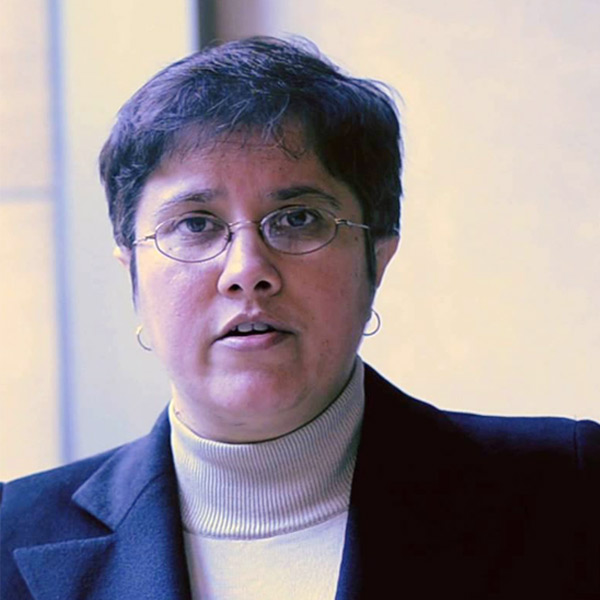

 Follow Us
Follow Us


